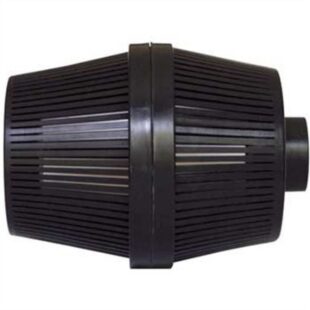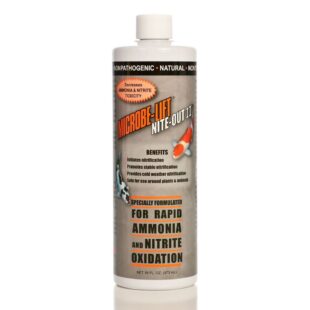It can be difficult to find the right filter system for your fish pond. There are plenty of options on the market.
Which filter size should I choose?
It must be sized correctly to handle the flow of your pump, and it should also get rid all the waste from your fish. It should be simple to clean and provide enough surface area to remove all ammonia from the koi pool.
 Ammonia is a waste product from pond fish. It is released into the water via the gills. The gills can also release ammonia from dead or decaying plants, as well as from uncooked food. Ammonia can also be found in pond water from dead or decaying plants, as well as untouched food.
Ammonia is a waste product from pond fish. It is released into the water via the gills. The gills can also release ammonia from dead or decaying plants, as well as from uncooked food. Ammonia can also be found in pond water from dead or decaying plants, as well as untouched food.
A complete pond that has a functioning filtration system will have ammonia removed by Nitrosomonas bacteria to produce a secondary product called nitrite.
How do you select the size of your (pressurized filter)? It is always a good idea “oversize” your filter by cutting the gallons in half. If your pond has 1500 gallons, you can use a filter designed for a 2500 gallon pond. A mechanical filter can be used to reduce the size of your filter. The mechanical filter is already able to filter clean water.
The majority of ponds need to have their water go through a mechanical filter before it reaches the biological filter.
Keep in mind that the more fish you have the more important it is for biological filtration to maintain safe levels of ammonia in your pond.
 How can nitrifying bacteria help?
How can nitrifying bacteria help?
You don’t have to spend a lot but you might consider adding an Hydrobe-Lift Nite Out II to your water pond to encourage the growth of nitrifying bacteria. A microbial consortium of nitrifying bacteria can accelerate the nitrogen cycle in your pond, which will make it cleaner and more enjoyable for fish.
It promotes, stabilizes, or promotes nitrification of pond water and eliminates ammonia‘s toxic effects.
This has the disadvantage that you will need to use a lot of it and need to add it to your pond often. Even then, it won’t be as effective as a biological filter.
Last tip: Using both biological and mechanical filters is the best way to ensure your pond stays healthy. You can also add nitrifying bacteria every once in a while. You should clean the filters every month.
